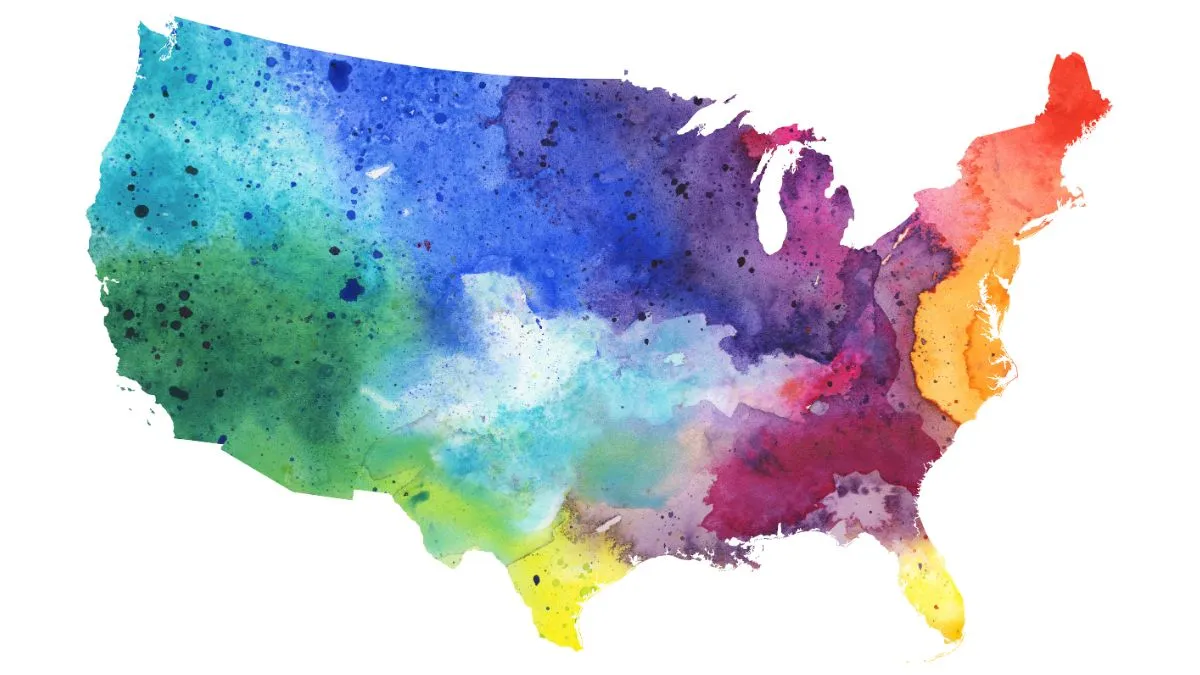The legalization of equal marriage rights in the United States, as established by the landmark decision in Obergefell v. Hodges in 2015, was a significant step forward for LGBTQ+ rights. Prior to this decision, only certain states permitted LGBTQ+ couples to marry, leaving many without access to marriage equality. However, the Obergefell ruling ensured that all states must recognize the validity of LGBTQ+ marriages.
Despite this federal mandate, some states have sought ways to limit or restrict LGBTQ+ marriage rights. While it is technically prohibited for states to outright refuse to acknowledge the marital status of LGBTQ+ couples, some states have implemented laws or policies that create barriers to marriage equality.
For example, Kansas allows faith-based organizations to deny services to same-sex couples, effectively impeding their ability to marry. Similarly, North Carolina permits state officials to deny marriage rights to couples they do not approve of. Mississippi passed a law in 2016 granting state officials the right to deny marriage rights to LGBTQ+ couples and restricting the rights of LGBTQ+ citizens.
However, it’s important to note that LGBTQ+ individuals seeking marriage equality can find support and acceptance in many states across the country. States like Colorado, California, and Illinois are known for their progressive stance on LGBTQ+ rights and provide opportunities for LGBTQ+ couples to marry without facing significant obstacles.
Additionally, some Indigenous jurisdictions, which are federally recognized sovereign nations, have been at the forefront of extending marriage rights to LGBTQ+ couples. Many Indigenous nations extended marriage rights to LGBTQ+ pairs even before the Obergefell ruling, with the Cherokee nation eventually joining its peers in 2016. This demonstrates progress and inclusivity within Indigenous communities regarding LGBTQ+ rights and marriage equality.


